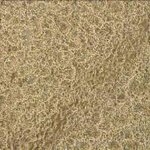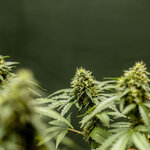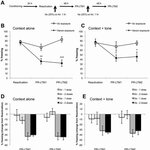
While use of well-established medicine has declined among rich, liberal elites in America's wealthiest, most educated states, untested and sometimes dangerous herbal dietary supplement sales in the United States rose to $6,000,000,000 - an increase of 7.9% over 2013.
As expected, sales in "natural" food stores were strongest, rising by 8.8%, but even regular food and drug stores had a 7.7% over 2012 sales, reflecting a growing distrust of science among the organic and alternative medicine communities.
The top-selling herbs, as coded by primary ingredient, were horehound (Marrubium…



